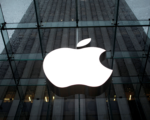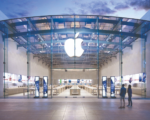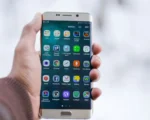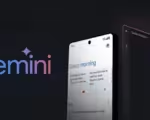Huawei Launches Mate 70 with Own HarmonyOS, Moving Away from Android

Huawei has introduced its latest flagship, the Mate 70 smartphone, marking a significant milestone in its post-Android journey. The device, priced at 5,499 yuan ($760), is powered by Huawei’s own HarmonyOS Next, a departure from Android-based applications. This move underscores Huawei’s ongoing efforts to protect itself from further U.S. sanctions, which have restricted access to foreign technology.
At the launch event, Richard Yu, chairman of Huawei’s consumer business, described the Mate 70 as the company’s most powerful phone in the Mate series, highlighting that HarmonyOS Next is a “pure-blooded” technology developed entirely by Huawei’s engineers. From 2024 onward, all of Huawei’s new smartphones and tablets will run on HarmonyOS, signaling the company’s intent to break away from the Android ecosystem entirely.
The Mate 70 succeeds last year’s Mate 60 series, which surprised the tech industry with its advanced chip technology despite stringent U.S. export controls. This success, along with the introduction of the Mate 60 Pro in August 2023, has reignited interest in Huawei’s high-end smartphones and brought the company back into the premium segment.
Lucas Zhong, a research analyst at Canalys, described the release as a “critical step” for Huawei’s software strategy, emphasizing that moving away from Android would be crucial for the company to strengthen consumer loyalty and attract users looking for alternatives to Google’s and Apple’s operating systems.
Huawei has seen significant growth in the Chinese market, especially in the premium segment. According to Canalys, the company’s share of phones priced over $600 surged from 11% in Q3 2022 to 33% in the same period this year. In contrast, Apple’s share of this market dropped from 72% to 52%.
Huawei, once the world’s second-largest smartphone maker, has struggled since being placed on a U.S. trade blacklist in 2019, which restricted its access to key technologies, including Google’s Android operating system. As a result, Huawei was forced to sell its budget mobile brand, Honor, in a bid to survive.
The original HarmonyOS was introduced in August 2019, supporting Android-based apps, after Huawei’s U.S. blacklisting. Over time, the company has invested heavily in developing a fully homegrown operating system and has gained support from major Chinese tech firms to build a compatible app ecosystem.
Huawei aims to develop a robust application ecosystem for HarmonyOS, with plans to have 100,000 apps available within a year. Eric Xu, Huawei’s former rotating chairman, has stated that building this ecosystem in China first is key to eventually expanding it globally.
Analysts predict that the Mate 70 series could see over 10 million shipments over its lifetime. However, building a competitive ecosystem for HarmonyOS will take time, as the company works to expand its developer community.




















